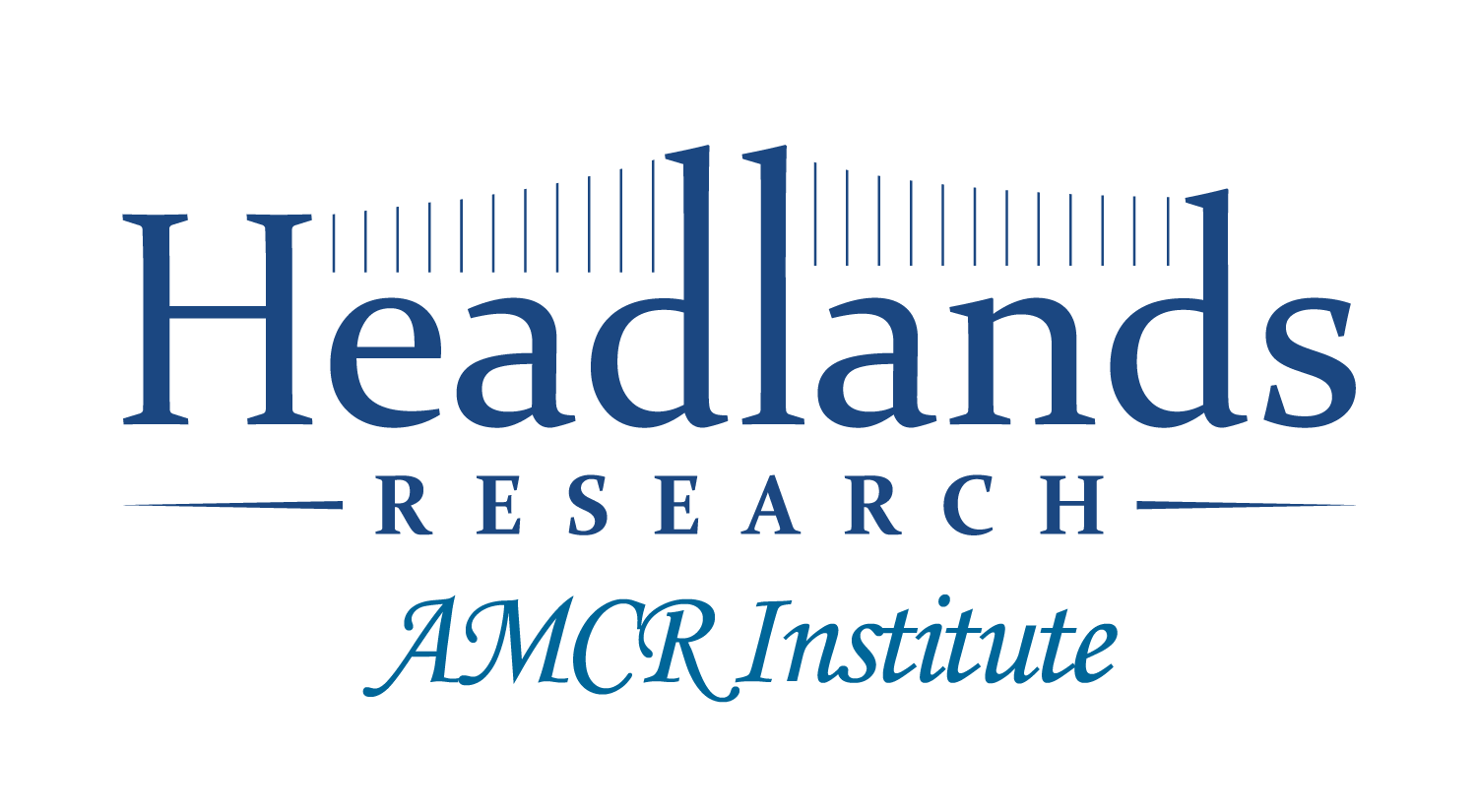Study Information
Apply to Participate
If you are interested in participating in this study, please complete the following preliminary qualification form.
We will follow-up with you after we have received your submission.
"*" indicates required fields
